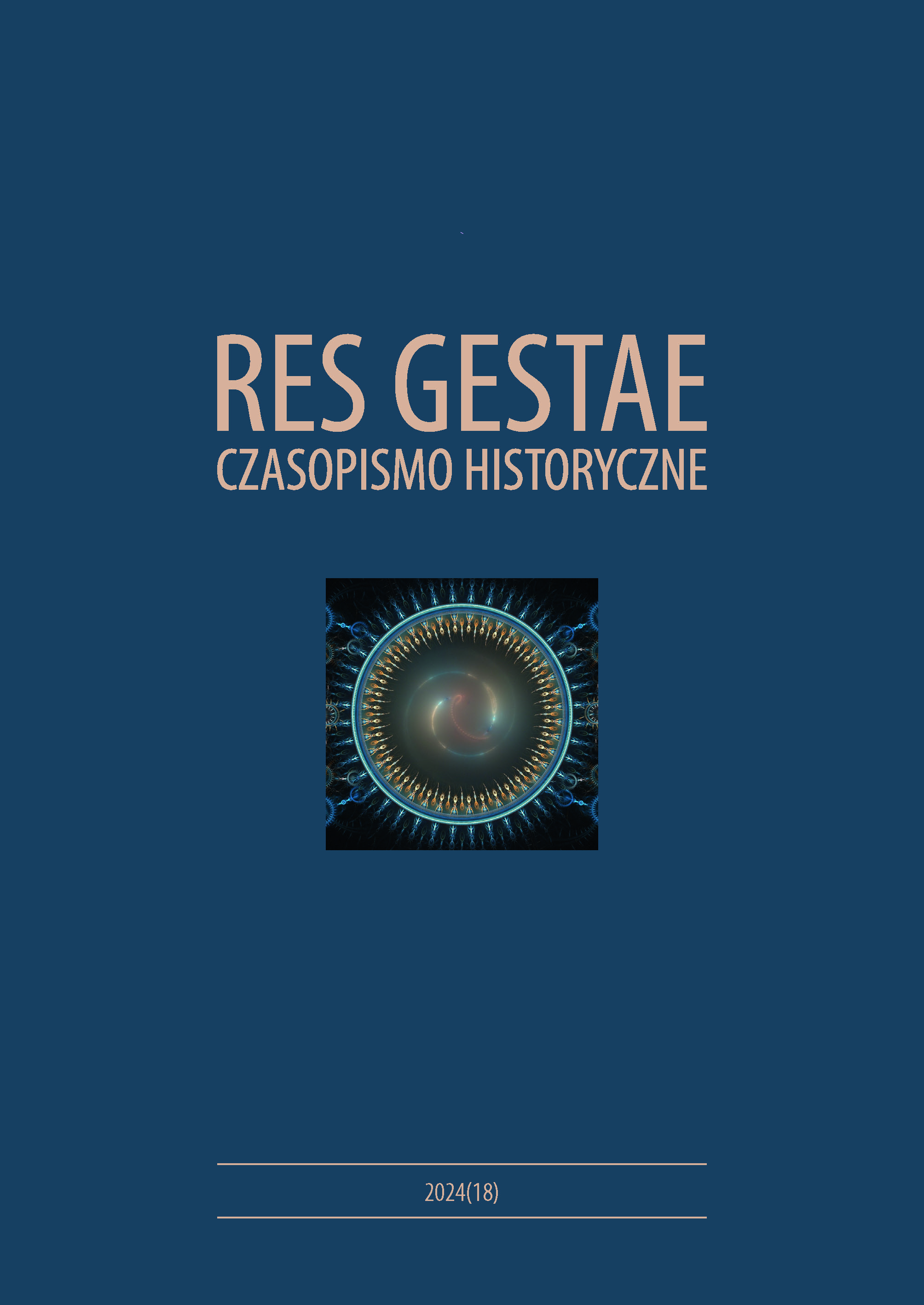The case files of persons sentenced to death penalty for political reasons after the war, from an ego-documentary perspective
Main Article Content
Abstract
Historians estimate that in Poland, between 1944 and 1956, more than a million people went through Stalinist prisons and camps, including around 100,000 sentenced by special military courts for the so-called anti-state activities. These courts passed at least 5650 death sentences, with as many as 2810 executed. In this case, the military district courts (Polish: wojskowe sądy rejonowe, WSR), established in 1946 and operating until their dissolution in 1955, were particularly repressive. Their task was mainly to judge civilians accused by the security apparatus of carrying out the anti-communist activity. Previously scattered materials, preserved after the operations of the military courts, were collected and merged in the archives of the Institute of National Remembrance (Poland), created in 2000. The case files of persons sentenced to punishment also include documents that have the character of self-testimonies. These are interrogation protocols, minutes of the main hearing, and requests for pardon. Materials of this kind, analysed from the perspective of their ego-documental value, can better explain the motives for the anti-state actions and allow an attempt to determine the state of consciousness of the convicted person in the last days of his life.


